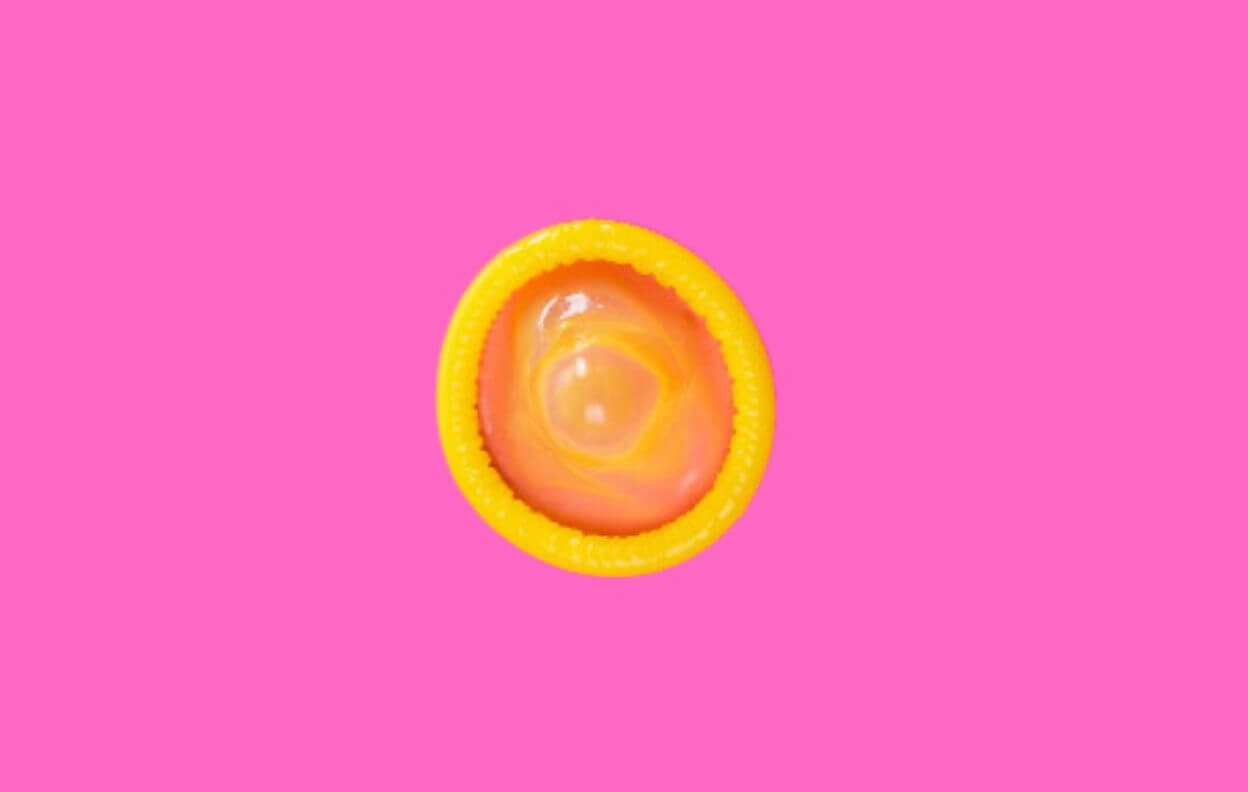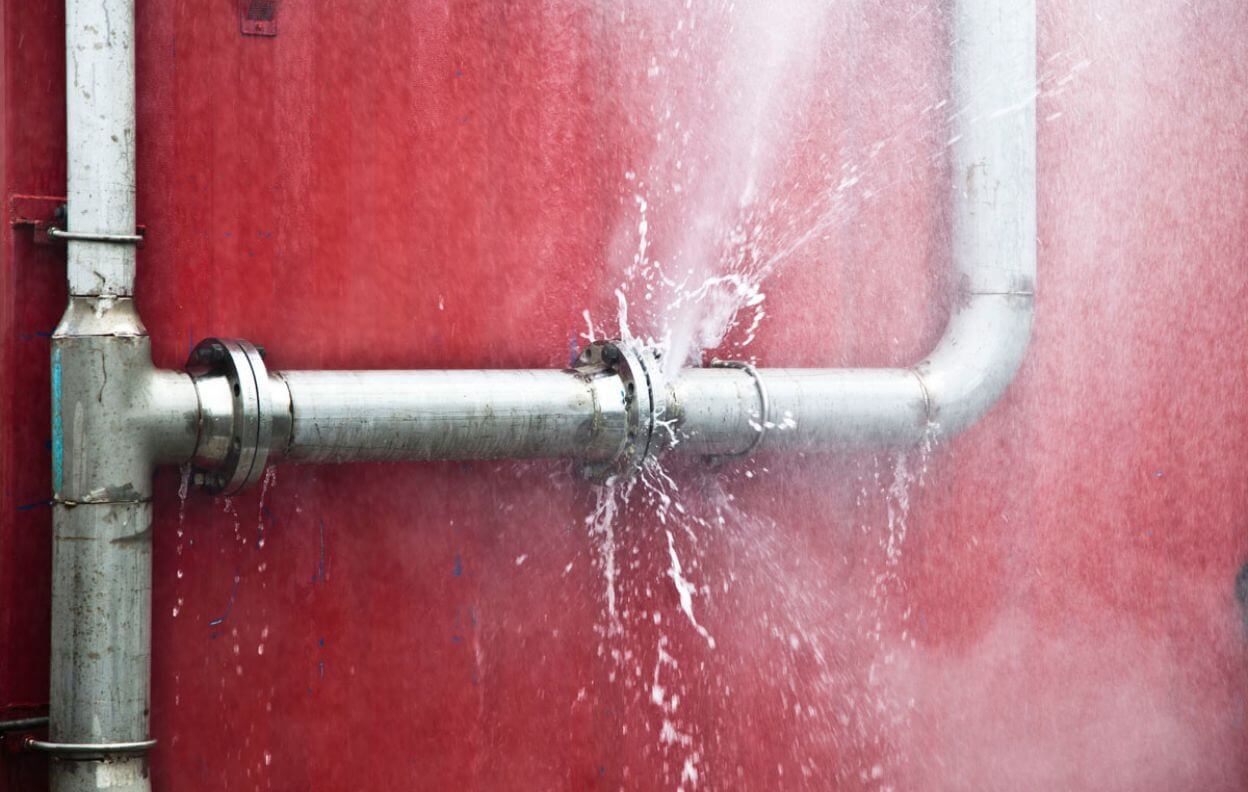Have you ever been curious about what a genital piercing feels like either to have or to experience with a partner? If you’re considering getting one of your own, there are a few things you might want to know.
Types of piercings
For women, the commonest type of genital piercings are clitoral hood (vertical or horizontal), triangle (below the clitoris), and labia (inner or outer). For men, there’s the ‘Prince Albert’ (a ring inserted through the urethra at the tip of the penis and coming out through the bottom of the glans – head of the penis), the ‘dydoe’ (through both sides of the rim of the glans on circumcised men), the ‘hafada’ (through the scrotal skin between the scrotum and the penis), or simply a piercing through the foreskin.
The procedure
No matter which type of genital piercing you choose, they all happen in pretty much the same way. The area is cleaned, then a needle is used to create a hole, and a piece of jewellery is threaded through the hole. You may have guessed it though, a needle being threaded through some of your more sensitive parts can be quite painful, even if the procedure only takes a few minutes.
Both piercing professionals and doctors agree it’s important to know all the facts before you go ahead with a genital piercing, and it’s up to you to weigh up the risks against the potential benefits.
The risks?
The most common complications that come with genital piercings are bacterial infection, bleeding, nerve damage, allergic reaction to the jewellery, and thick scarring at the site of the piercing. If the equipment or jewellery aren’t sterilised you could also run the risk of more serious health concerns like hepatitis B and hepatitis C, and HIV. This is why it’s important to ensure you go to a reputable piercer who uses either disposable equipment, or sterilises their equipment in an autoclave before each piercing.
With some types of male piercings there is also a small risk of scar tissue forming that narrows the urethra, and if you have a piercer who isn’t properly trained, they could accidentally pierce erectile tissue and cause permanent impotence.
Also, as with any piercing, it’s important to look after it and keep it clean after the initial procedure. Check the area regularly for any changes or infections and be careful when dressing/undressing – getting a piercing caught in clothing can be a quick and painful reminder it’s there!
The fun?
So, are the rumours true? Do genital piercings really add more enjoyment to sex? It depends entirely on the individuals, both the person who has the piercing and their partner. Some people find it adds extra stimulation and pleasure whereas to others it may not make much difference at all.
Ensure you wait until everything has properly healed before participating in any sexual activities (including oral, vaginal or anal sex) to avoid doing yourself any damage. Four to six weeks is the usual recommendation, but your piercer will be able to give you a specific time. Use protection during sex to help keep your piercing clean and also to reduce the chances of getting (or passing on) a sexually transmissible infection (STI).
Things to remember
If you’d like to go ahead and experience a piercing, it pays to be prepared. Here are some tips to keep in mind:
- Start by talking to your doctor or a licenced, trained professional piercer.
- Do your research and ask around for recommendations.
- Insist on jewellery that is made from surgical stainless steel or titanium to minimise the risk of an allergic reaction.
- Pay more attention than ever to safe sex with your new accessory. Like we mentioned above, avoid having sex with an open wound. Ensure you use condoms or dams during sex, particularly if the wound has not completely healed or has only just healed as there is a risk the wound may reopen..
- Be cautious of condoms breaking due to your piercing. If the condom does break, have a sexual health check-up and if you’re in a girl/guy relationship, and not using another form of contraception, get the emergency contraceptive pill to prevent unplanned pregnancy.
- Clean the site of your piercing daily – and after sex – with saline solution while it’s healing, and then with soap and water.



